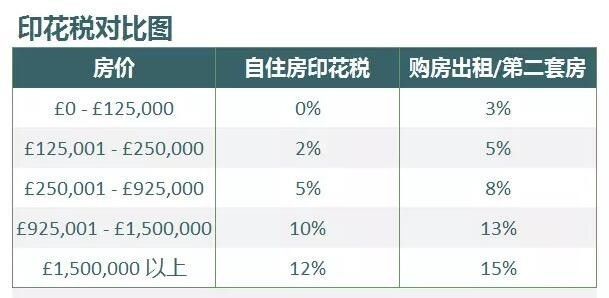Understanding Home Equity Loan Interest Rates: How to Get the Best Deal for Your Financial Needs
#### Home Equity Loan Interest RateWhen considering financing options, many homeowners turn to home equity loans as a viable solution. A key factor in this……
#### Home Equity Loan Interest Rate
When considering financing options, many homeowners turn to home equity loans as a viable solution. A key factor in this decision is the **home equity loan interest rate**. This rate can significantly affect the overall cost of borrowing, so it’s crucial to understand what influences these rates and how you can secure the best possible terms for your loan.
#### What is a Home Equity Loan?
A home equity loan allows homeowners to borrow against the equity they have built in their property. Equity is the difference between the current market value of your home and the amount you owe on your mortgage. Home equity loans are typically used for major expenses such as home renovations, medical bills, or educational expenses. They are often favored for their relatively low interest rates compared to other types of loans because they are secured by the value of the home.
#### Factors Influencing Home Equity Loan Interest Rates
Several factors can influence the **home equity loan interest rate** you receive:
1. **Credit Score**: Lenders assess your creditworthiness based on your credit score. A higher score typically results in a lower interest rate. If your score is below 700, you may face higher rates or be denied a loan altogether.
2. **Loan-to-Value Ratio (LTV)**: This ratio compares the amount of your loan to the appraised value of your home. A lower LTV indicates less risk for the lender, potentially leading to a better interest rate.
3. **Market Conditions**: Interest rates fluctuate based on broader economic conditions. When the economy is strong, rates may rise, whereas they typically fall during economic downturns.
4. **Loan Amount and Term**: The size and duration of your loan can also impact your interest rate. Generally, shorter-term loans have lower rates than longer-term loans.
5. **Type of Interest Rate**: Home equity loans can come with fixed or variable rates. Fixed rates provide stability in payments, while variable rates may start lower but can increase over time.
#### How to Secure the Best Home Equity Loan Interest Rate

To find the best **home equity loan interest rate**, consider the following strategies:
- **Improve Your Credit Score**: Before applying for a loan, check your credit report for errors and pay down existing debts to improve your score.
- **Shop Around**: Different lenders offer varying rates and terms. Get quotes from multiple banks, credit unions, and online lenders to compare options.
- **Consider a Co-signer**: If your credit isn’t strong, having a co-signer with better credit can help you secure a lower interest rate.
- **Negotiate**: Don’t hesitate to negotiate with lenders. If you have received better offers from other institutions, use that information to potentially lower your rate.

- **Stay Informed About Market Trends**: Keep an eye on interest rate trends. If rates are expected to rise, it may be beneficial to lock in a rate sooner rather than later.
#### The Bottom Line
Understanding the **home equity loan interest rate** is essential for homeowners looking to leverage their property’s value for financing. By being informed about the factors that influence rates and taking proactive steps to secure the best deal, you can make a more informed financial decision that aligns with your goals. Always remember to read the fine print and understand all terms associated with your loan before committing. With careful planning and research, you can utilize home equity loans effectively to fund your needs and achieve your financial objectives.